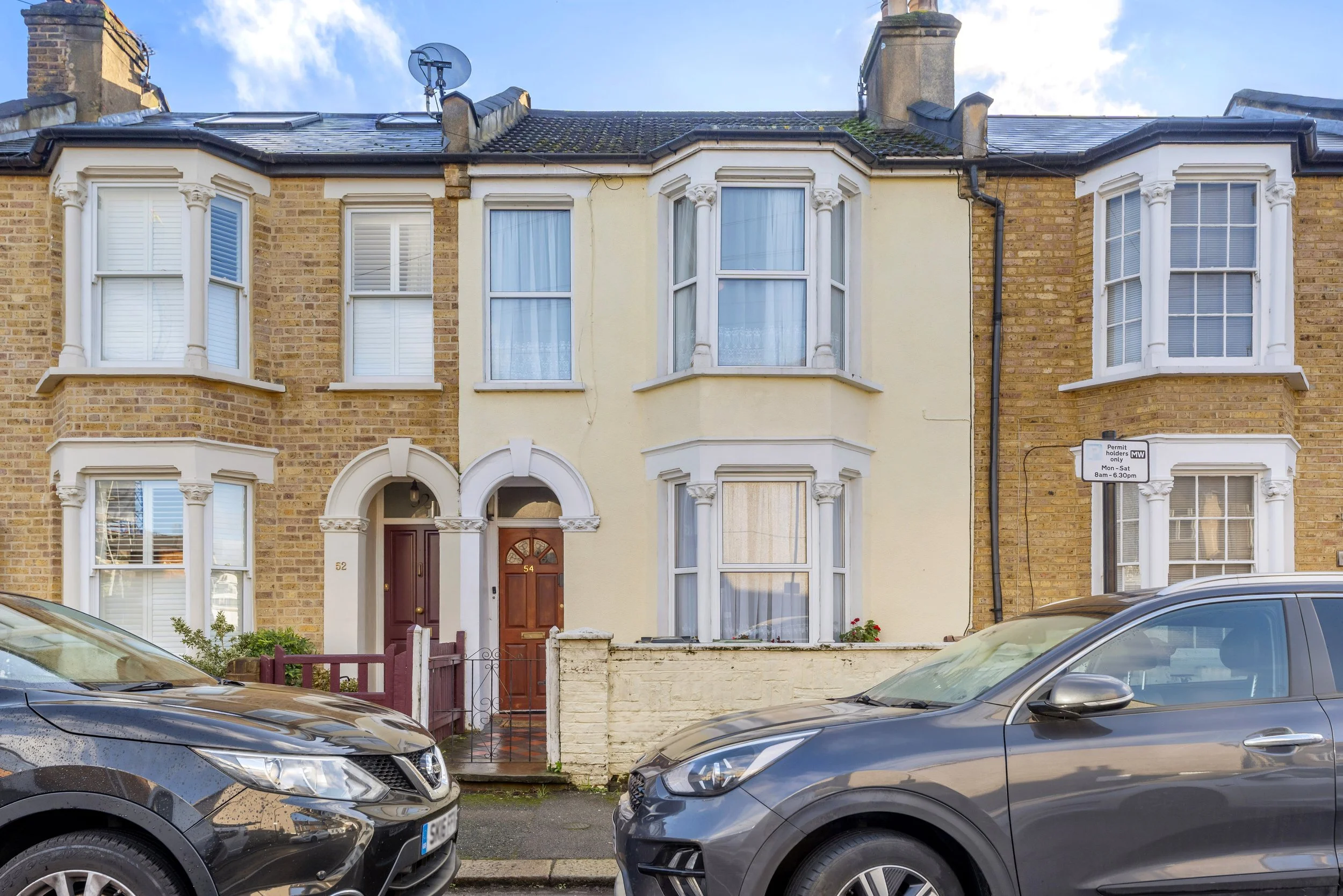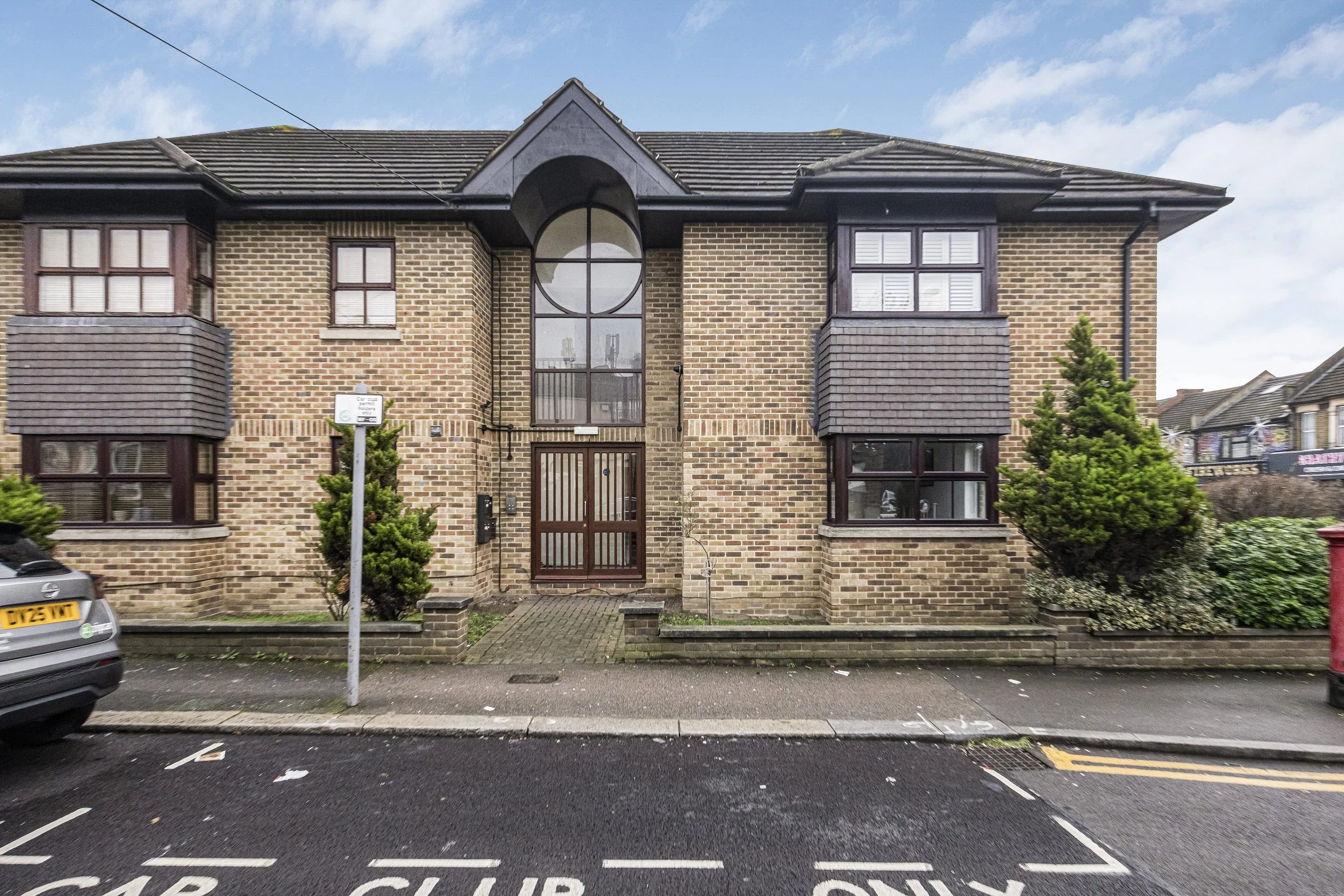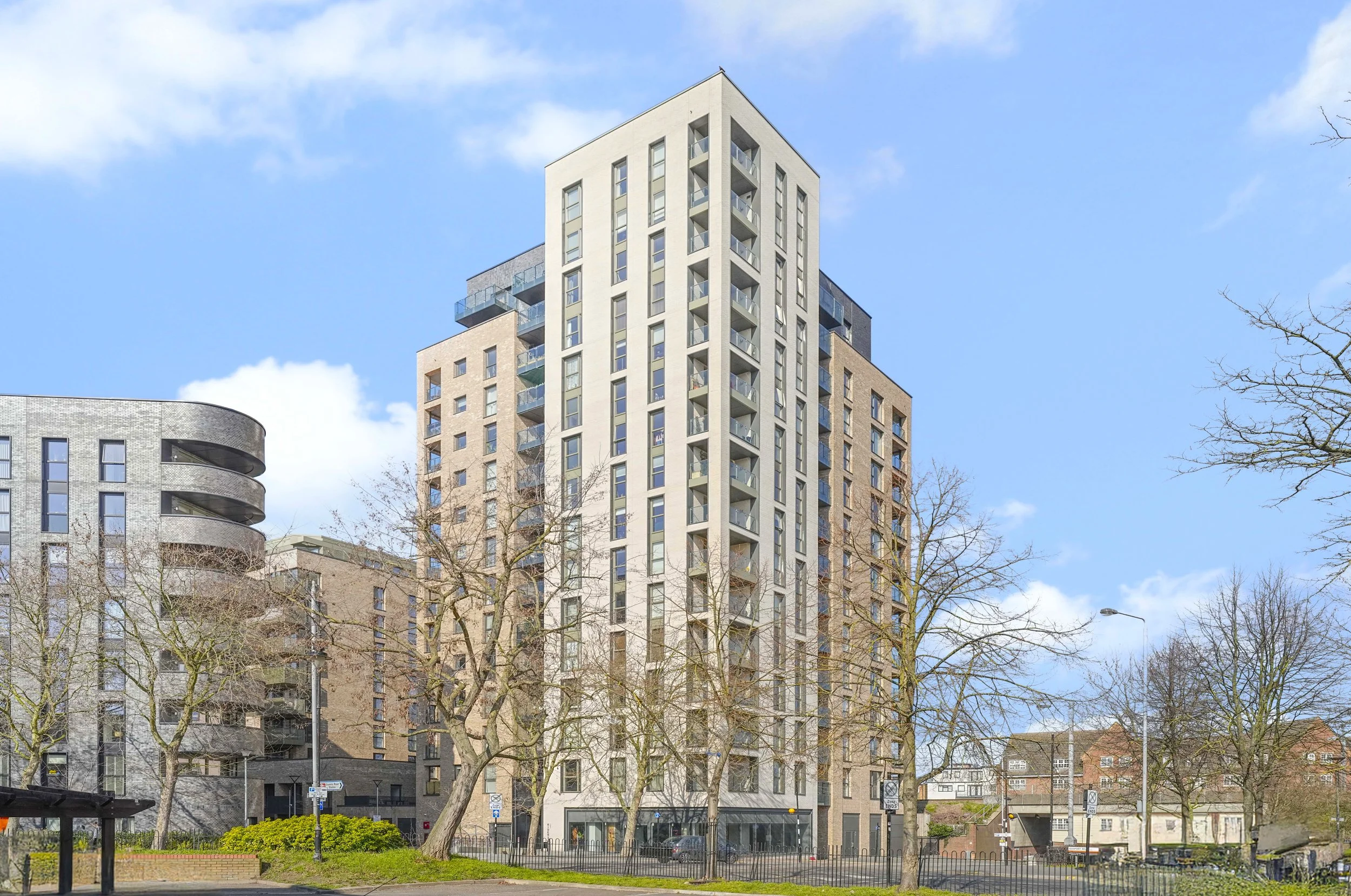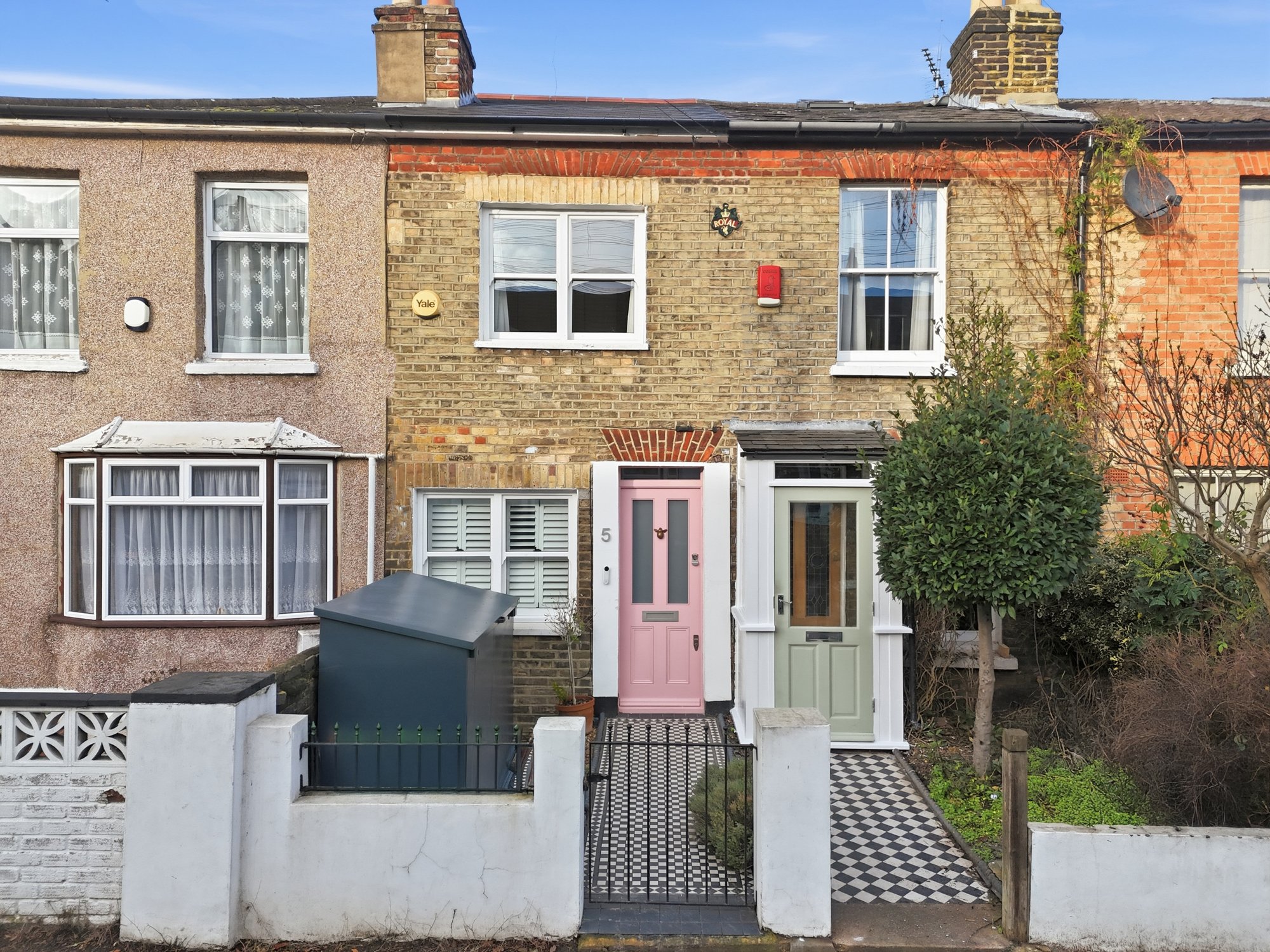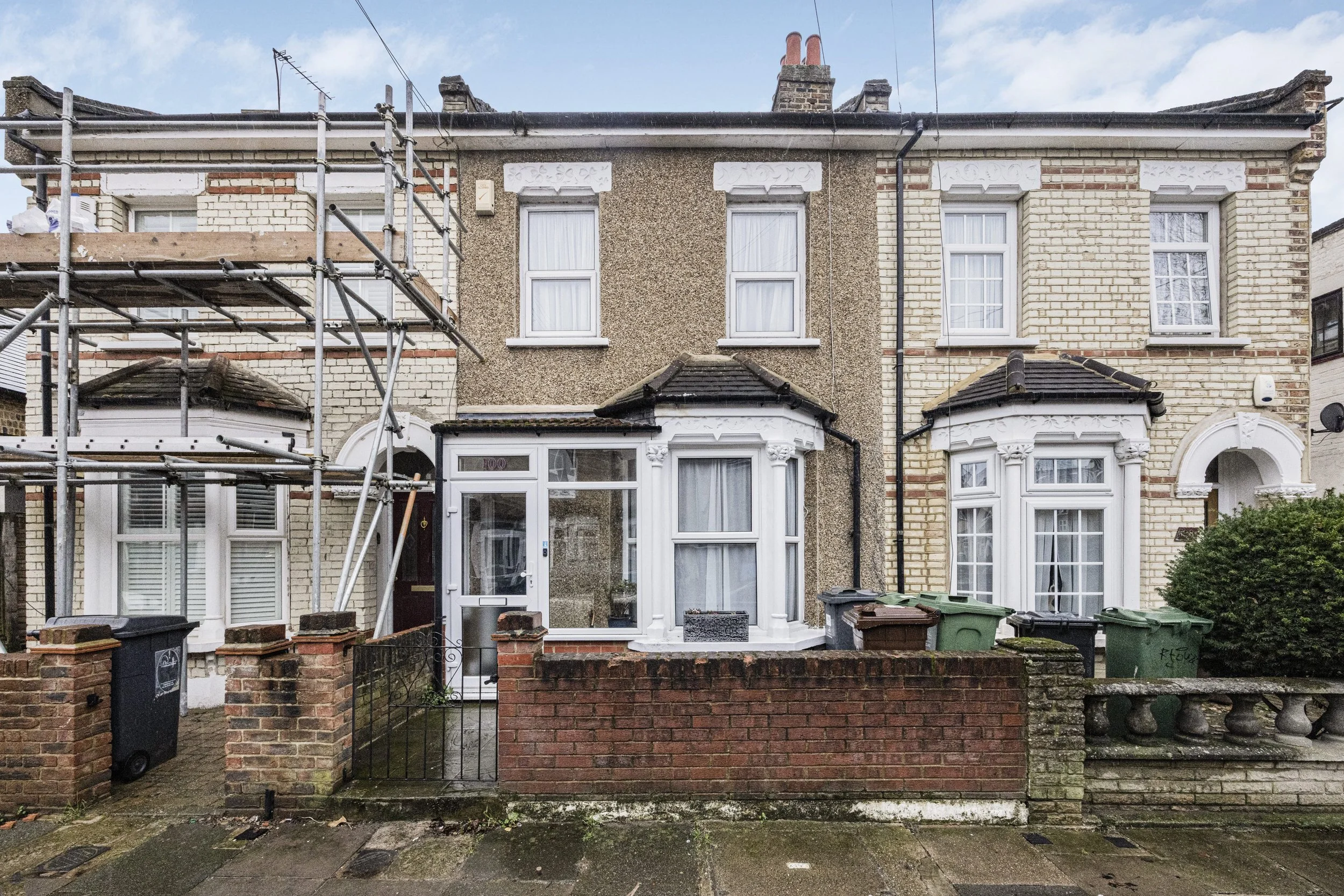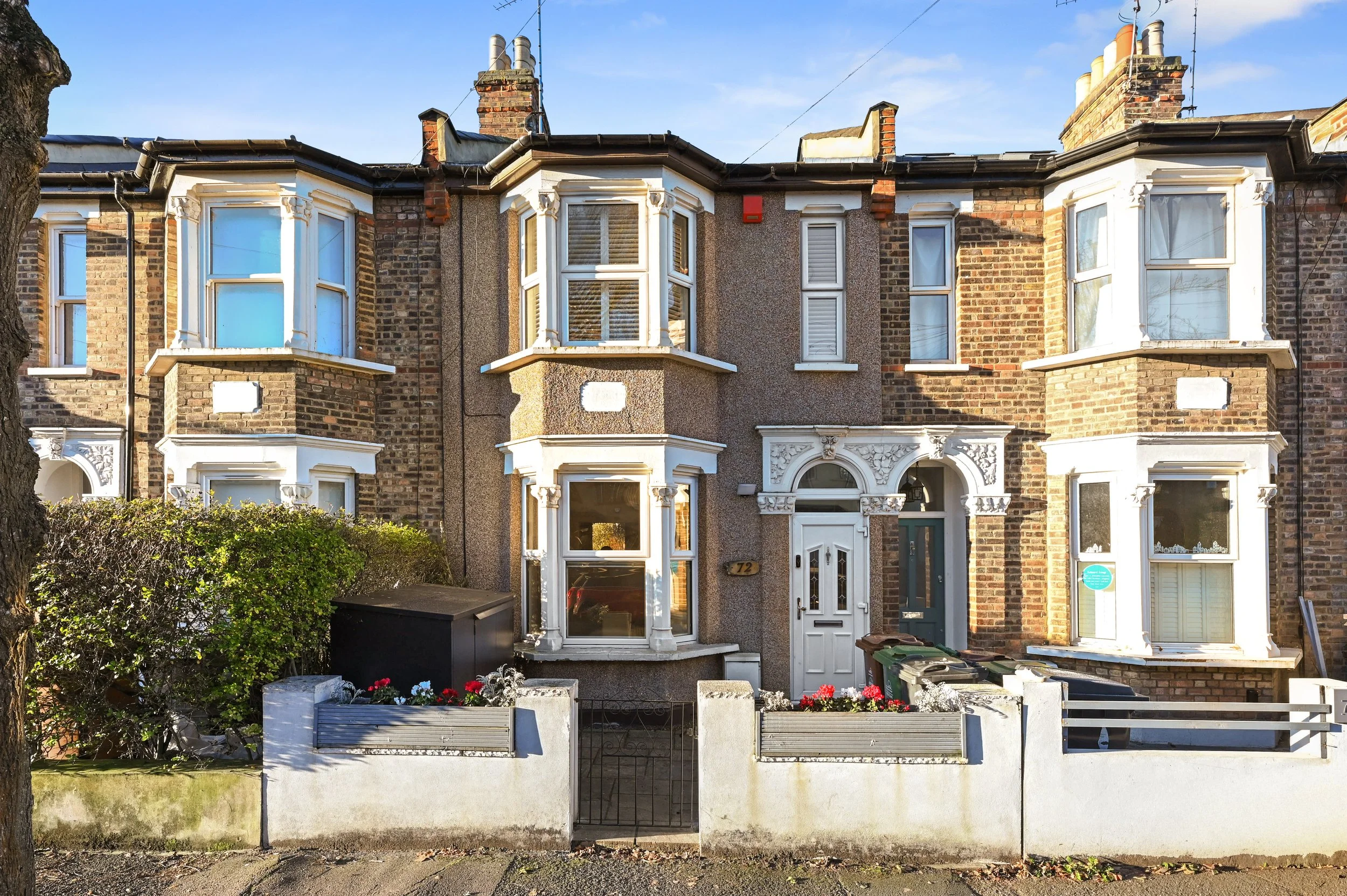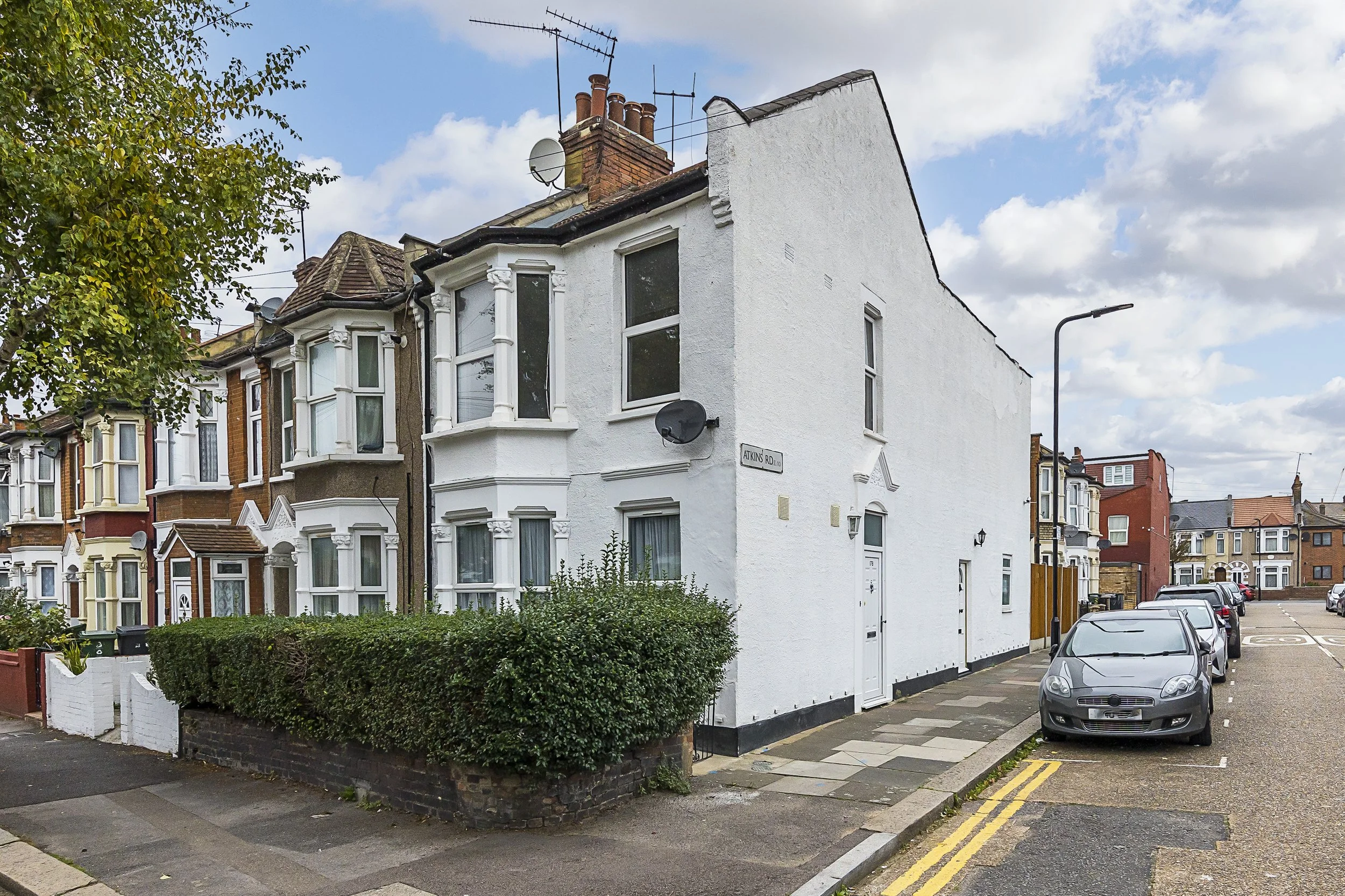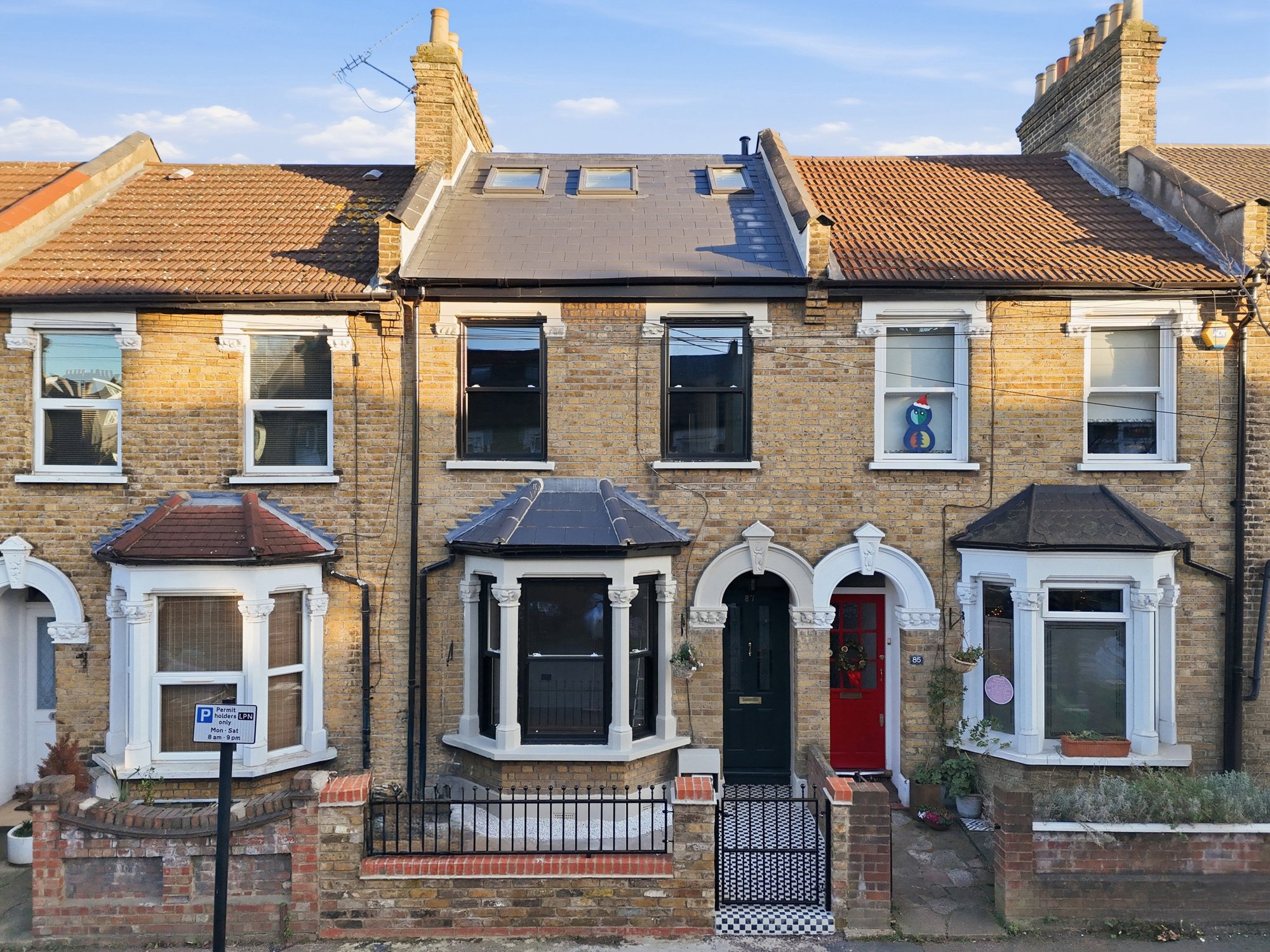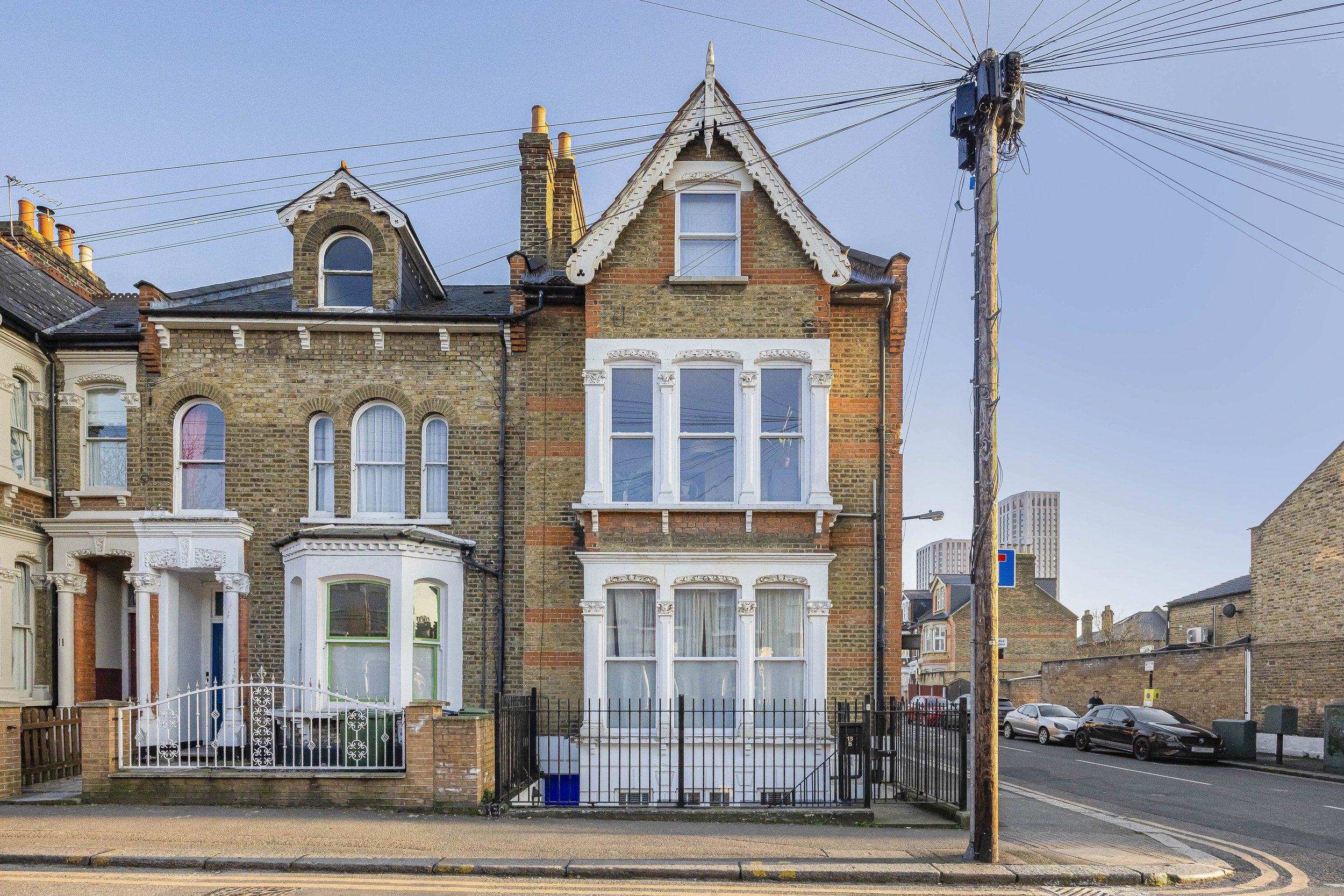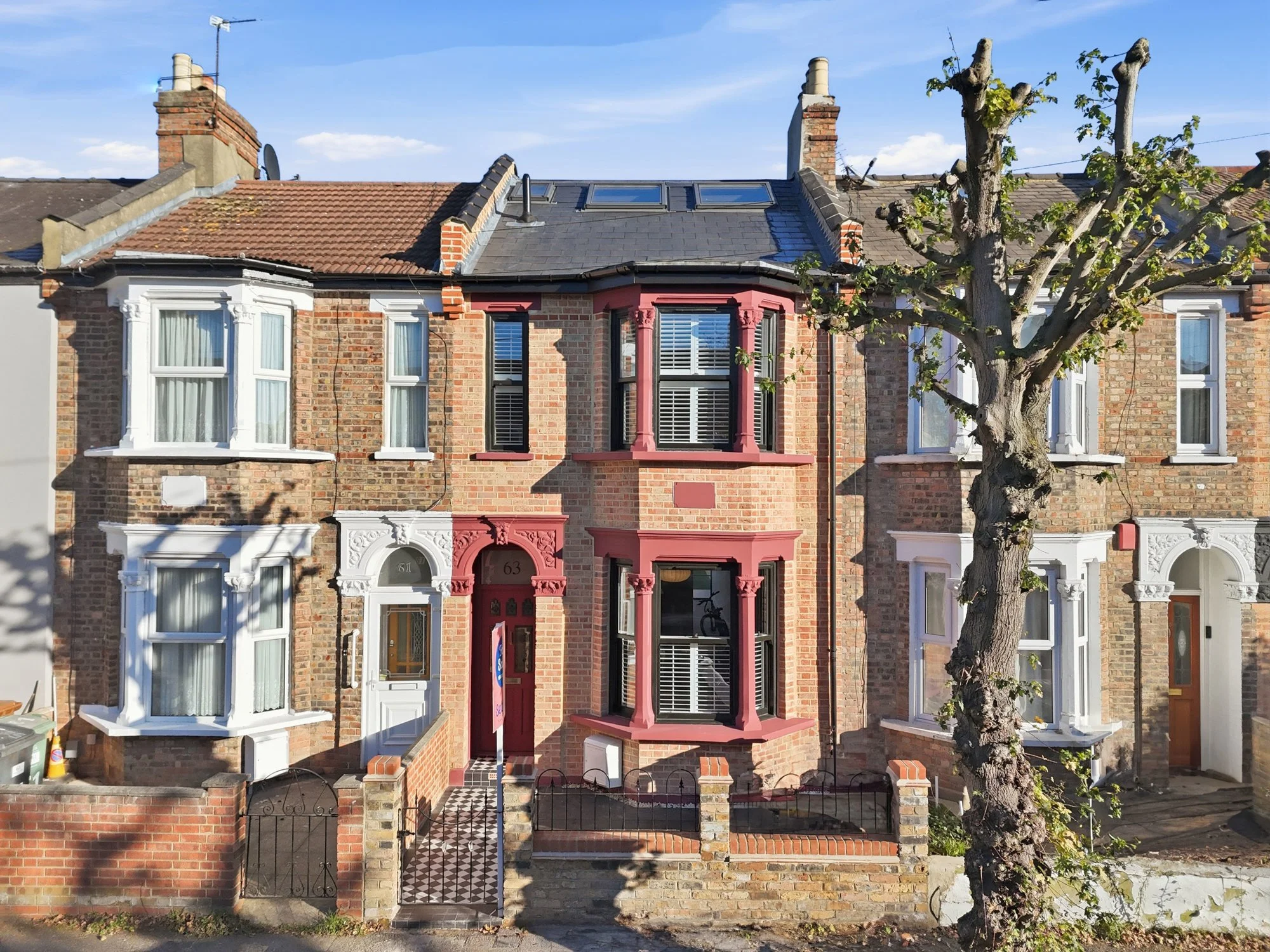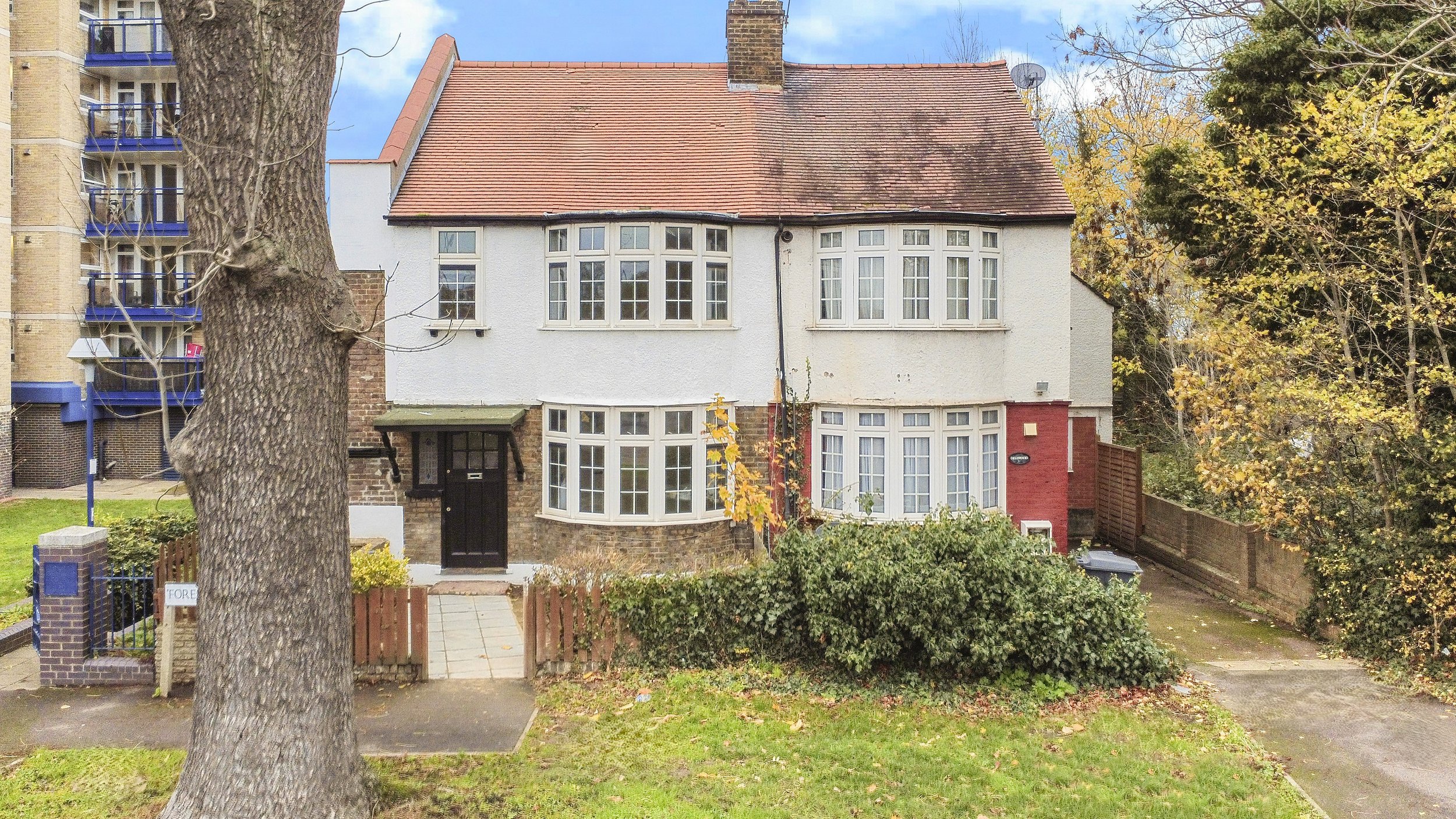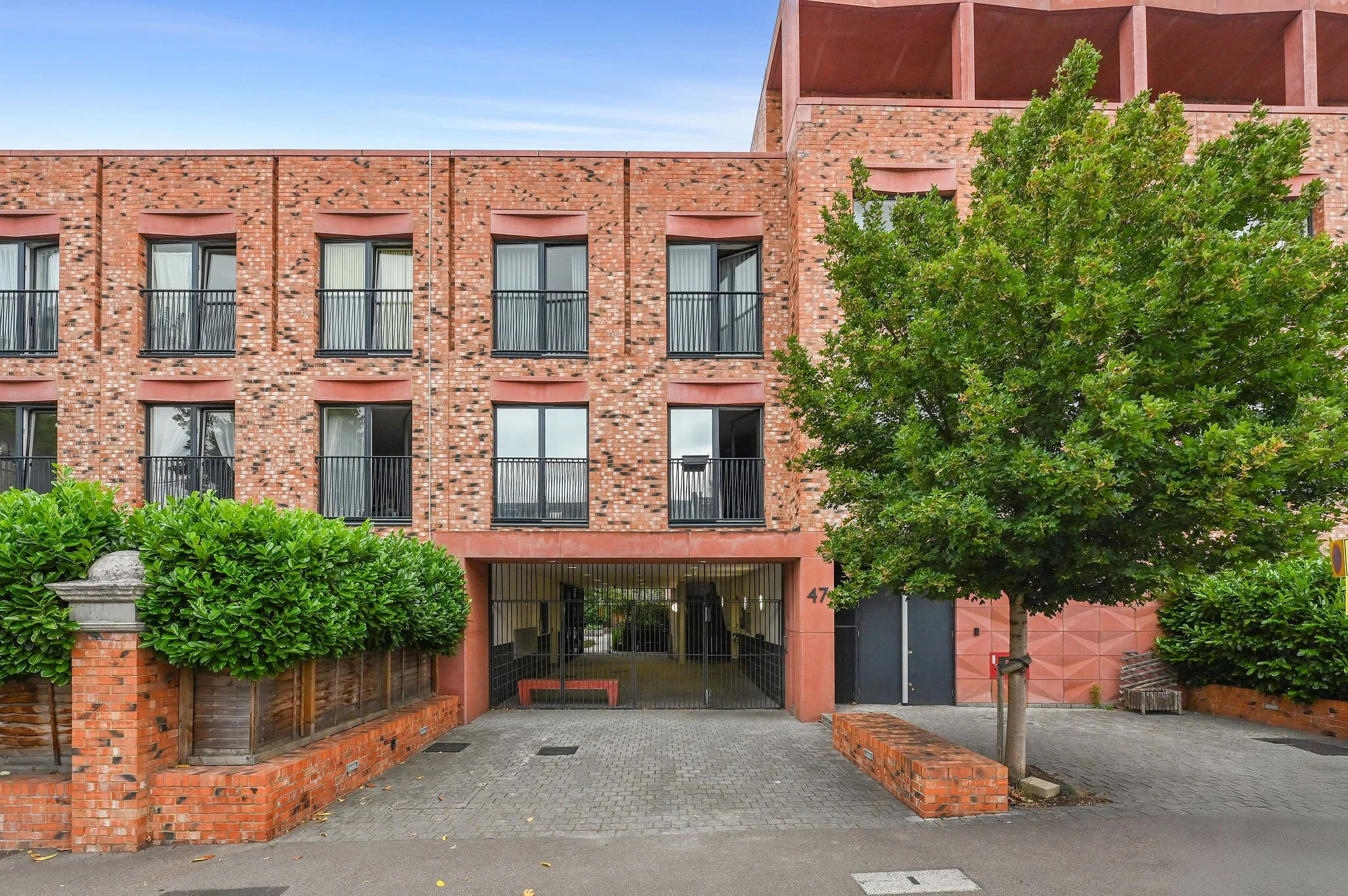
The homebuyer’s guide
Buying a home in London, or anywhere for that matter, should be a happy and exciting process. To ensure your purchase journey is smooth and you are able to make well-informed decisions, here is everything you need to know before you get started.

The homebuyer’s guide
Buying a home in London, or anywhere for that matter, should be a happy and exciting process. To ensure your purchase journey is smooth and you are able to make well-informed decisions, here is everything you need to know before you get started.
Getting your finances in order
Getting your finances sorted is the first step you take when thinking of buying a property. We recommend speaking to an independent mortgage broker to find out exactly how much you can borrow and therefore what property price brackets you are able to afford. This is called your ‘affordability’ and it could differ significantly from the figure you had in mind depending on your individual circumstances.
The mortgage market can be complex, so an independent mortgage broker will look at a number of different lenders to see who has the best rate and most suitable product to fit your criteria. They will be able to work out with you just how much of a deposit you need and what your monthly mortgage repayments could look like.
-
Many buyers go to their own bank to secure their mortgage. Whilst there is nothing wrong with that, the bank will only show you the rates and products that they are able to offer.
The difference (and main benefit) of speaking to an independent mortgage broker is that they have access to lots of different banks and will use their expertise to shop around and find you the best deal.
Often a mortgage broker is also much easier to get hold of than the bank, and since they benefit from finding a good deal for you, you can trust their recommendations.
We work with a fantastic independent mortgage broker who we would be happy to pass your details on to, should you wish to seek assistance.


Finding the right property
Once you have your finances in order and you’ve got your mortgage agreement in principle (Decision in Principle or DIP) you will know exactly what your budget is. With your budget secured, it is now time to start thinking about what you really want from a property.
-
Location is one of the most important decisions as that’s really the only thing about a property that you cannot change. Take a few trips to your chosen areas and get a feel for the neighbourhood, it’s a great way to see if you can imagine yourself living there.
-
Other factors to consider are what you actually want from the property. This will help you understand how much space you need, and which features to look out for.
Ask yourself these questions:Is it a starter home to be used as a step on the property ladder?
Do you plan to lay down roots there and start a family?
Are you looking for your forever home?
-
Once you have a vision of what your life will look like in mind, you can start searching for suitable properties online, set up alerts and register with the local estate agents.
-
There is no such thing as a perfect property. You’ve likely heard it said before that there will be some factors that you may have to compromise on, and it’s often true. However, it doesn’t mean you won’t be happy if you don’t manage to tick every box — properties have a way of surprising us and altering our vision for the better.
To get started, lay out a list of your must-haves and nice-to-haves so you know exactly what factors you’re not prepared to be flexible on.
We believe your ideal property is out there and we settle for nothing less than happy homes and happy buyers. Register your details with us here to receive East London property alerts you won’t want to miss.
Understanding the kind of surveys you need
There are commonly three different types of survey that you may need to think about once you find a property. The latter two are much more in-depth surveys but they are optional. Choosing which survey to have is likely to depend on the age and condition of the property.
The purpose of each survey is to provide more information on the home you are buying, its current value, its condition and how much money you can expect to set aside and spend on it now and in the future.
-
If you require the use of a mortgage, then your mortgage company will insist that you have a Mortgage Survey. This is the most basic survey and is more a case of the bank carrying out their own valuation of the property you are wanting to buy.
-
A Homebuyer Survey is midway between a Mortgage Valuation and a Building Survey. Checking all of the major features of the property and laying out any initial expenditure to bring the property up to scratch, this is recommended for more modern properties.
-
A Full Building Survey is the most comprehensive by far, ensuring no detail is missed including checking for damp, insulation and other hidden expenses. This is recommended for older buildings and those with a deteriorating condition.
-
These additional surveys may feel like an unwanted upfront expense, but they may save you considerable money further down the line and are likely to pick things up that you wouldn’t ordinarily be aware of, such as foundational issues or deteriorating plumbing.
We can refer you to a respected RICS surveyor if you need any assistance with booking and carrying out a survey.
What other costs are involved?
Below is a list of other potential costs that buyers sometimes exclude but that you should be aware of.
-
Solicitor fees — conveyancing solicitors handle the legal process of transferring property ownership
Mortgage broker — while some receive a mortgage finder’s fee from the bank so the buyer pays nothing, some brokers may charge an upfront arrangement fee
Stamp duty land tax (SDLT) — an additional fee which is calculated as a percentage of your house purchase cost, find out how much stamp duty you will need to pay
A moving company — we can recommend a trusted removal company in East London
Building insurance — you will need to ensure the property you are buying is insured from exchange of contracts
-
While as a buyer you do not have a say in which agent manages your purchase, you should push the agent to be communicative and 100% transparent with you. Ask lots of questions. Request further information. Test their knowledge. Buying can be a long process with ups and downs, so make sure you go in with full awareness of costs and the reality of the property you’re buying.
Get in touch
Exciting times lay ahead for you and we’d love to be part of your journey. Check out our latest available properties to buy or rent.
If you have a property to sell or rent, get in touch or call us on 020 8124 2522





